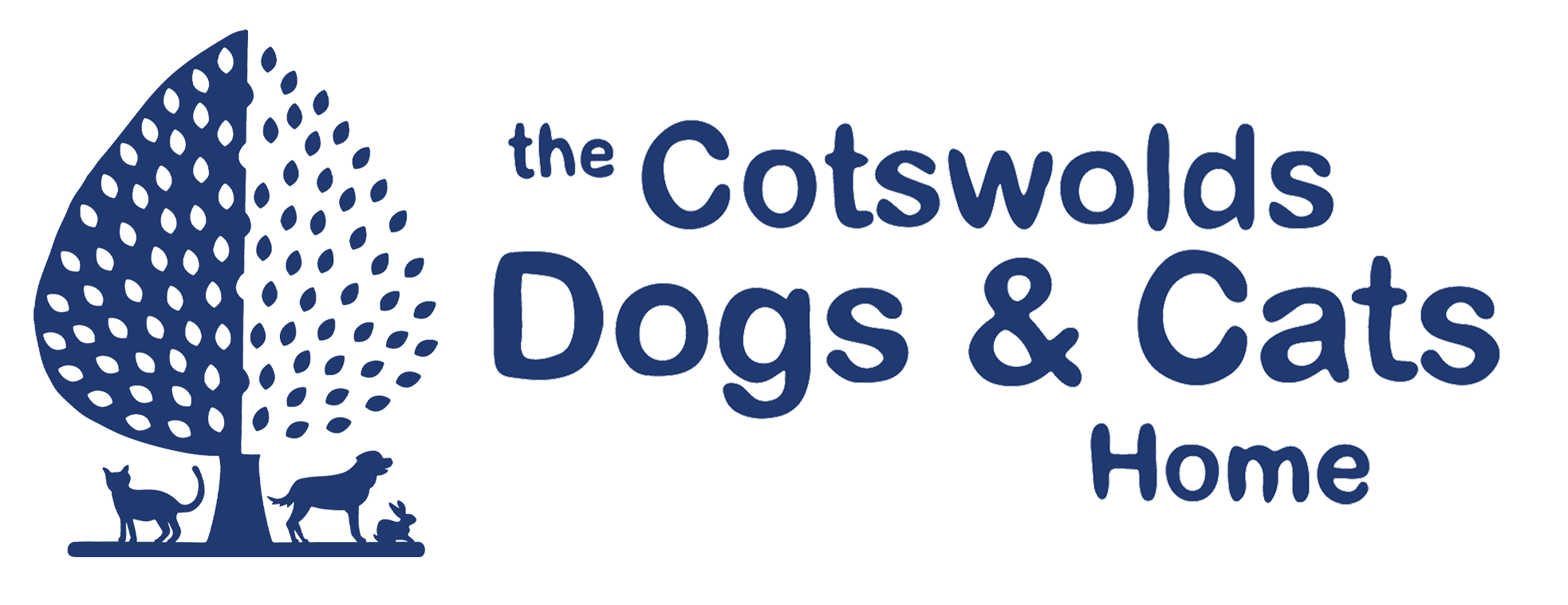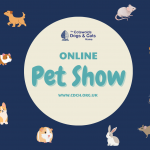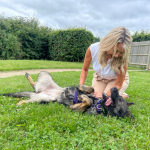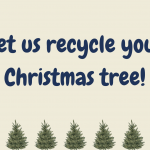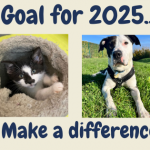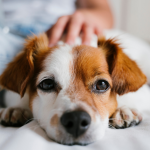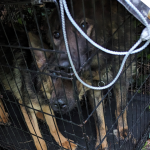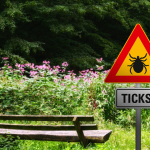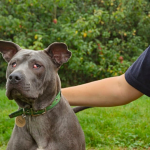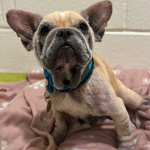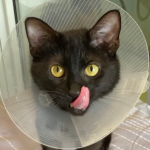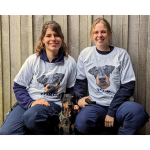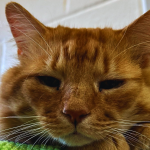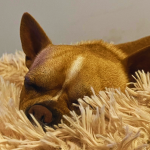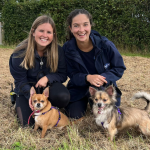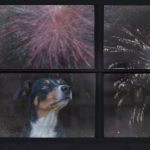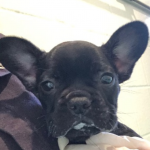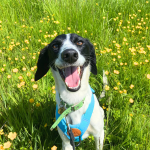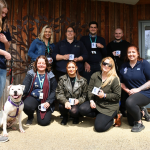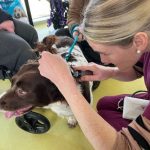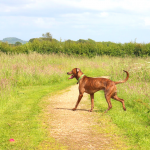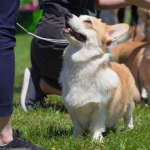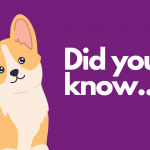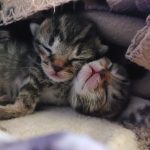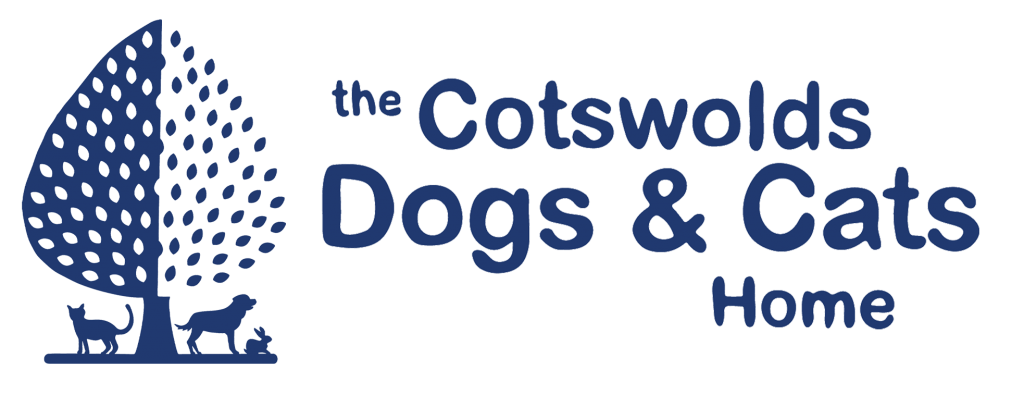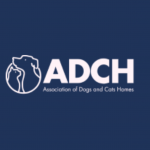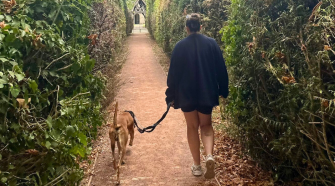
Neutering Advice
The Cotswolds Dogs & Cats Home are sharing everything you need to know about the benefits of neutering for you and your furry friend.
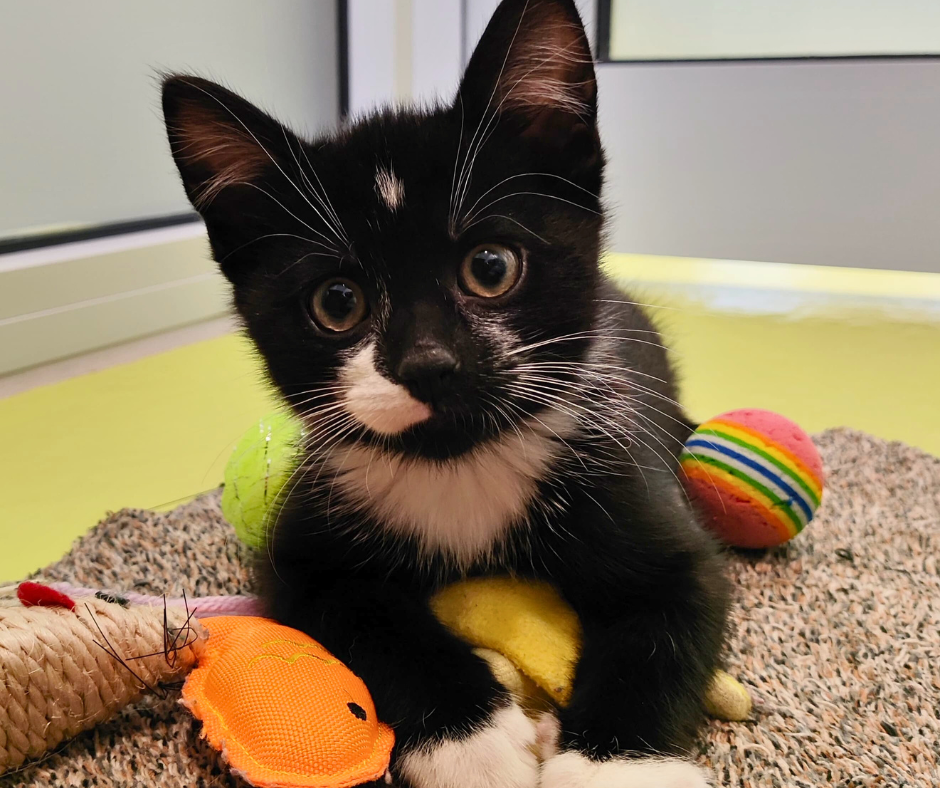
Neutering your animal can help prevent illnesses and some unwanted behaviours.
What is neutering?
Castration is the general term used to describe the surgical removal of a male animals’ testes, under general anaesthesia.
Spaying refers to the surgical removal of a female animals’ ovaries and or uterus under general anaesthesia.
To see if your dog or cat is ready to be neutered, we suggest booking in with your veterinary surgeon or veterinary nurse for a pre-neutering health check.
Reasons to consider neutering
Population control: To prevent unwanted and unnecessary breeding
Disease prevention: Neutering males and females can significantly reduce the risk of certain diseases and even some cancers developing
We recommend seeking veterinary advice if you are concerned about the impact neutering will have on any behavioural traits in your animal. All options should be carefully considered and discussed so you can make the right decision for your companion.


Neutering Aftercare
Check surgical sites and stitches regularly to ensure there are no issues.
Your animal will need something to prevent them from licking or biting the wound, following surgery. You may be offered a recovery suit or a plastic cone.
Rest is key to recovery! Your vet will advise you on when you will be able to start reintroducing regular exercise to your animals’ routine, but in the days immediately following surgery, strict rest and toilet breaks are all that are needed.
Avoid allowing animals to jump on to any high furnishings such as sofas and beds. Minimise any rough play if there are multiple animals in the house and avoid them climbing any stairs whilst their wound heals.
You can help your companion in this time by offering them lots of comfortable resting areas and stimulating their brain.
Try giving your furry friend some food puzzles and low-impact toys to reduce any excessive physical activity.
How CDCH can help
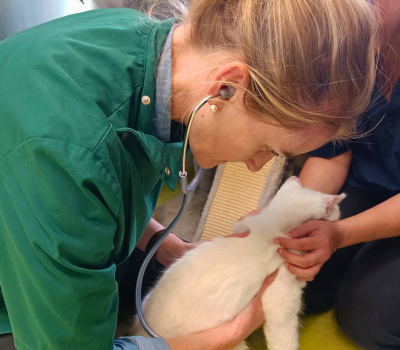
We offer a low-cost veterinary clinic for individuals in receipt of a means-tested benefit here at our rehoming centre in Cambridge, Gloucestershire.
As well as our clinic, we also offer support through neutering and help voucher schemes.
Follow the link for more information on how to access our welfare schemes, to register for our services, and to see our full terms and conditions:
Categories
- Appeals (6)
- Events (8)
- News & Updates (67)
- Happy Tails (23)
- Past Appeals (84)
- Past Events (95)
- Support & Advice (46)
- Challenge Events (2)
Recent Posts
Related posts

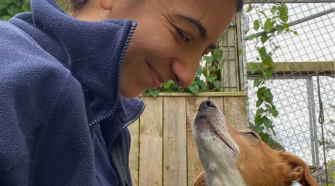
How to Prepare Your Home for a Rescue Dog
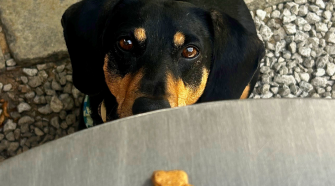
Dog-Friendly Places to Eat in the Cotswolds
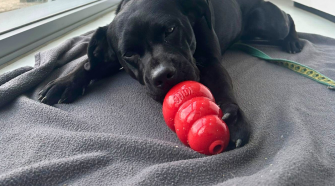
Beat the Heat: Homemade Frozen Treats Your Dog Will Love
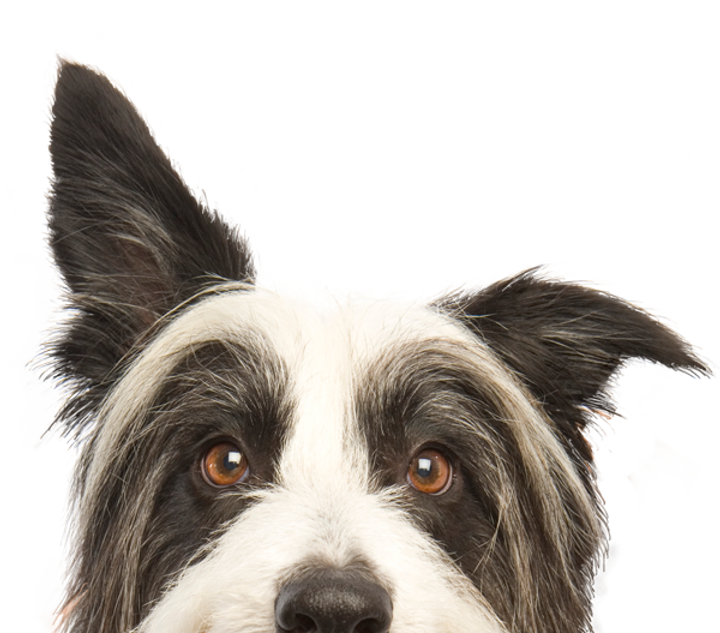
To report cruelty or an animal in distress call 0300 1234 999
